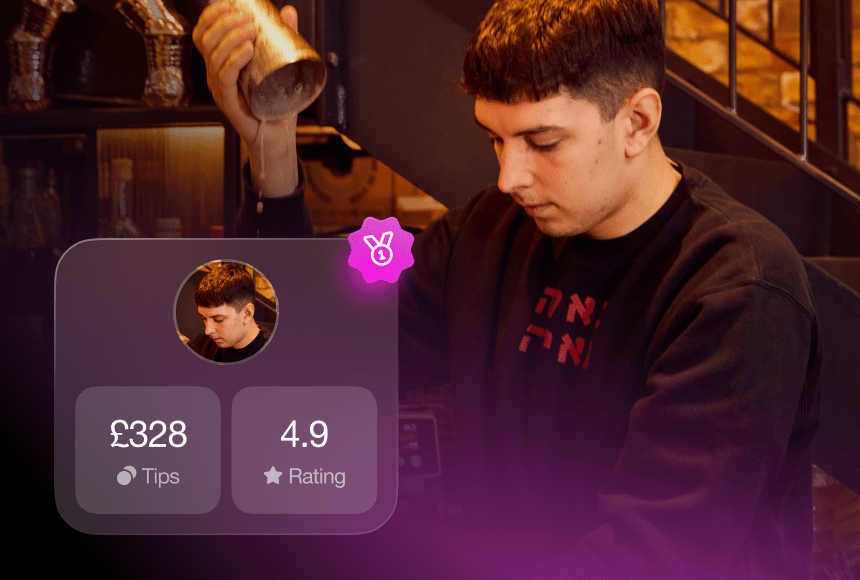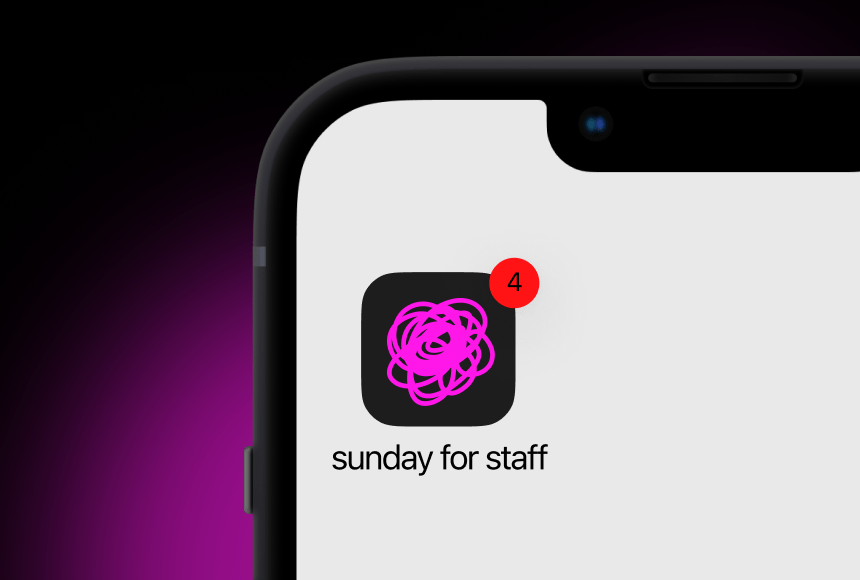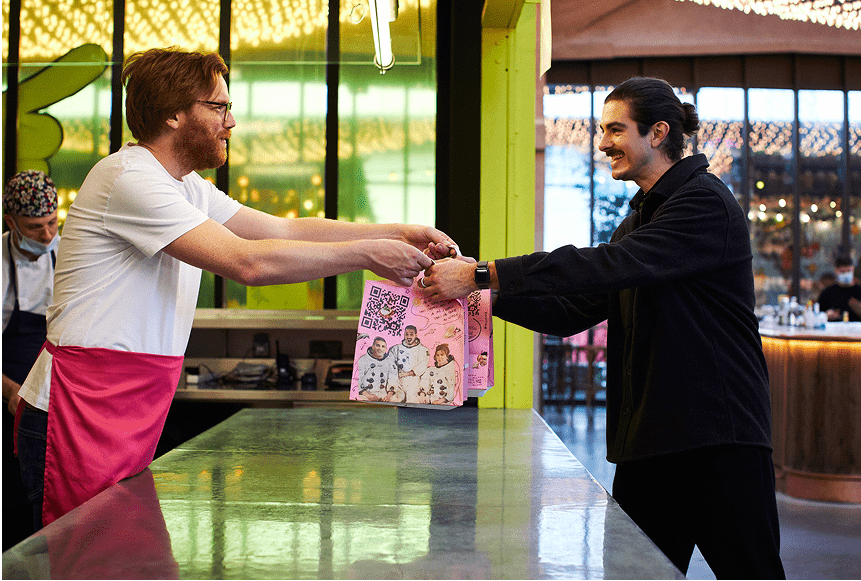
Practical Ways to Strengthen Team Unity in Your Restaurant
Why Team Spirit Is Your Secret Ingredient
In a bustling restaurant, the atmosphere in the dining room is just as important as the food on the plate. While a delicious menu and stylish décor will draw people in, a harmonious team is what keeps customers coming back. When servers, chefs, and managers work together like a finely tuned orchestra, guests immediately notice—and appreciate—the effortless flow.
But how do you build this sense of unity, especially in an industry known for high stress and rapid staff turnover? Think of it like perfecting a recipe: you need quality ingredients, precise measurement, and a method that everyone follows. In this article, we’ll explore how to create and nurture a true team spirit in your restaurant, ensuring happier employees, smoother service, and loyal customers.
1. Set Clear Goals and Expectations
Before your team can move in sync, everyone needs to know where they’re going and why. Vague job descriptions or muddled communication can create confusion and frustration. In contrast, a clear set of goals gives each team member a sense of purpose.
- Define Roles: Whether someone is a line cook or a bar manager, they should understand exactly what’s expected of them each shift. Clarity prevents overlap or confusion.
- Set Performance Metrics: Decide on achievable targets: for instance, average table turnover time, upselling goals, or online ratings. You can celebrate as a team when these milestones are met.
- Create a Shared Vision: Encourage staff to see the bigger picture. If you focus on sustainability, for example, explain how everyone’s daily actions—from reducing kitchen waste to using eco-friendly packaging—contribute to a meaningful cause (Modern Restaurant Management)..
When your team understands the restaurant’s direction, they’re more likely to invest in collective success rather than just ticking boxes. It also helps individuals see how their unique efforts feed into the overall experience for customers (Forbes).
2. Cultivate a Supportive Work Culture
The kitchen can get heated—literally and figuratively. As adrenaline spikes during a Saturday night rush, tensions can flare if staff don’t feel supported. Building a culture that prioritises respect and communication is crucial.
- Lead by Example: If you’re an owner or manager, your words and actions set the tone. A quick thank you after a tough shift, or calmly addressing a mistake instead of pointing fingers, will resonate more than any poster on the wall.
- Promote Open Communication: Encourage staff to speak up if they see inefficiencies or have innovative ideas. Regular team meetings—even if they’re just ten-minute huddles—give employees a platform to voice suggestions.
- Embrace Inclusivity: Welcome input from every level. The best ideas can come from anyone, be it a newly hired server or a seasoned sous chef (Restaurant Business Online).
A supportive atmosphere transforms your restaurant into a place where people actually enjoy working. Smiles become genuine, and that positivity is contagious for everyone involved—customers included.
3. Hire for Attitude, Then Train for Skill
When recruiting, it’s tempting to focus strictly on credentials: a candidate’s experience at top-tier restaurants, or their knowledge of global cuisines. While these are valuable assets, they don’t necessarily guarantee a great cultural fit.
Instead:
- Look for Team Players: Someone with fewer years in the industry but an eagerness to learn and help colleagues may be more valuable than a highly skilled but difficult personality.
- Assess Soft Skills: During interviews, ask scenario-based questions: “How did you handle a conflict with a fellow server?” or “When was the last time you helped a new team member?”
- Emphasise Adaptability: The hospitality sector is ever-changing. Staff who can pivot quickly and maintain a positive attitude will help keep the team stable, even when the unexpected happens.
With time and training, technical gaps can be bridged. But a toxic attitude is much harder to correct. Hiring individuals who naturally fit your restaurant’s culture is a proactive step toward building a cohesive team.
4. Encourage Cross-Training and Skill Development
A true team spirit emerges when everyone understands—and respects—each other’s roles. If your servers have a glimpse of what happens behind the pass, they’ll appreciate the chefs’ hustle. And if the kitchen crew understand what it’s like to juggle multiple tables, they might become more empathetic to front-of-house challenges.
Ways to foster cross-training:
- Shadow Shifts: Let your bartenders spend a session in the kitchen, or have your line cooks observe a busy dining floor. Brief yet immersive, these experiences encourage empathy.
- Workshops and Training Sessions: Invite staff to learn new skills together, like a wine-tasting lesson or a crash course on plating techniques. Not only does this enhance knowledge, but it also creates shared memories.
- Rotate Responsibilities: On quieter days, consider letting your strongest servers learn about hosting or reservation management. Understanding the complexity of different tasks boosts mutual respect.
Cross-training can also reduce the chaos when someone calls in sick. If team members have a basic grasp of multiple roles, they can temporarily step in and keep everything running smoothly.
5. Celebrate Small Wins—and Big Ones, Too
Hospitality can be tough. Late nights, unexpected no-shows, fussy customers. Yet, it’s also extremely rewarding, especially when your team works together like a well-choreographed dance. Take the time to recognise these moments.
- Shout-Outs: Start or end each shift by praising someone who went above and beyond. Maybe a server diffused a tricky table with humour or a chef calmly overcame an oven glitch.
- Team Milestones: If you hit a monthly sales target or score glowing feedback online, organise a modest celebration—even if it’s just a pizza party after closing.
- Peer-to-Peer Kudos: Encourage staff to thank each other openly. These words of gratitude build trust and camaraderie.
Building a positive team spirit doesn’t always require grand gestures. Consistent, small acknowledgments can be enough to keep morale high, reinforcing the idea that every individual’s work truly counts.
6. Use Technology to Streamline Stressful Tasks
Running a restaurant involves a constant juggling act: dealing with inventory, managing reservations, and ensuring swift payments—especially when multiple tables want to pay at once. When mundane tasks turn into daily headaches, tension can build within the team.
That’s where smart technology steps in:
- Seamless Payment Solutions: A system like sunday lets customers pay via QR code and even leave a tip or a Google review without queuing at the till. Your servers can focus on delivering great service instead of juggling card machines.
- Inventory Management Tools: Software that automates reordering or tracks usage in real time helps chefs avoid last-minute shortages—and the resulting panic.
- Digital Rostering: Online scheduling platforms make it simpler for staff to view or swap shifts. Greater transparency reduces friction and confusion.
- Unified POS Systems: Consolidating orders and transactions in one platform ensures that front-of-house and back-of-house have a clear overview, minimising errors.
When technology takes care of repetitive tasks, team members can direct their energy toward what really matters—connecting with customers and supporting one another during busy periods.
7. Offer Growth Opportunities and Fair Rewards
It’s hard to feel invested in a workplace if you believe you’ve hit a dead end. People thrive when they can see a path forward, whether that’s mastering latte art or being trained to manage a bar.
Consider:
- Structured Career Ladders: Outline how someone can move from server to shift supervisor, or from line cook to sous chef. Transparency fuels ambition and helps retain talent.
- Regular Pay Reviews: Recognise loyalty and improved performance with incremental pay rises. Competitive compensation sends a message that you value the individual, not just their output.
- Investment in Formal Training: Sponsor courses or workshops for employees who want to deepen their expertise. Seeing your commitment to their growth fosters a deeper connection to the restaurant’s future.
When staff feel they have a trajectory in your establishment, they’ll be more inclined to be team players, helping newcomers find their feet and contributing to a supportive environment.
8. Tackle Conflict in a Constructive Way
Even the most harmonious kitchen will, at times, feel the heat of an argument. Disagreements are natural when you’re pushing to deliver top-notch service in a high-pressure setting. What matters is how you handle these flare-ups.
- Address Issues Promptly: Don’t let grudges fester. If two cooks are at odds, sit them down for a quick, calm chat to clear the air before the next shift.
- Encourage Empathy: Sometimes a misunderstanding arises because one person doesn’t fully grasp the other’s role. This is another reason why cross-training can be so helpful.
- Set a Zero-Tolerance Policy: Bullying or harassing behaviour should never be shrugged off. Make it clear that respect is non-negotiable.
When conflicts are managed in a fair and transparent way, the team sees that disagreements can be resolved productively. This shared trust in leadership bolsters team spirit, even during the busiest nights.
9. Connect Outside of Work
Working together in a high-energy environment can forge strong bonds, but sometimes you need to step away from the hustle of service to truly know one another. Team-building activities, even casual ones, help employees build rapport that carries over into shift work.
Ideas worth exploring:
- Social Gatherings: A simple pub quiz or a shared meal after hours lets staff relax and connect in a low-pressure setting.
- Community Events: Participating in charity runs, local festivals, or volunteer days can unite your team around a common goal beyond the restaurant’s walls.
- Off-Site Training Days: Host a workshop or tasting session in a different environment—a vineyard, brewery, or local supplier’s facility. Learning something new together can spark conversations and camaraderie.
When colleagues see each other as friends, not just co-workers, they’re more likely to step in and help when a sudden rush hits or when someone needs an urgent shift swap. That sense of shared responsibility is priceless in a restaurant setting.
10. Keep the Team Spirit Fresh and Evolving
It’s one thing to create a team atmosphere, but another to maintain it month after month, year after year. Like a signature dish that needs constant fine-tuning, nurturing team spirit is an ongoing effort.
Here’s how you can keep it alive:
- Regular Check-Ins: Schedule brief one-on-one conversations with team members. Ask about their workload, their aspirations, and any challenges they’re facing.
- Celebrate Turnover Victories: High staff turnover is common in hospitality. Each time an employee stays beyond the industry average (sometimes quoted around a year, though it varies), acknowledge that milestone. Show gratitude for their loyalty.
- Gather Feedback: Use quick anonymous surveys or suggestion boxes to learn what’s working and what’s not. When staff see you act on their feedback, trust deepens.
No matter how strong your team spirit is today, it can quickly fade if you don’t revisit it frequently. Keeping these lines of communication open ensures that everyone remains engaged and excited about working together.
Looking Ahead: The Recipe for Lasting Team Unity
Team spirit is not just a buzzword—it’s the lifeblood that keeps your restaurant thriving. A cohesive team doesn’t just serve meals; it orchestrates memorable experiences that patrons rave about. From setting clear expectations to embracing technology like sunday for smoother payments, each element feeds into a sense of collective purpose.
And remember, a supportive culture doesn’t happen by accident. It’s built day by day, plate by plate, shift by shift. Whether you’re celebrating little victories or organising cross-training sessions, every positive action adds flavour to the whole experience. Over time, the result is a group of people who genuinely care for each other and for the restaurant’s success.
In the end, a strong sense of team spirit is what transforms a standard operation into something truly special—both for the diners who walk through the door and the employees who breathe life into each service. Cultivate that energy, keep it growing, and watch as your restaurant’s reputation soars.
Find out more today
Drop us your details below and we’ll reach out within the next 24
Get the full, detailed picture.
sunday elevates your business with insightful data, instant feedback and precise analytics.




